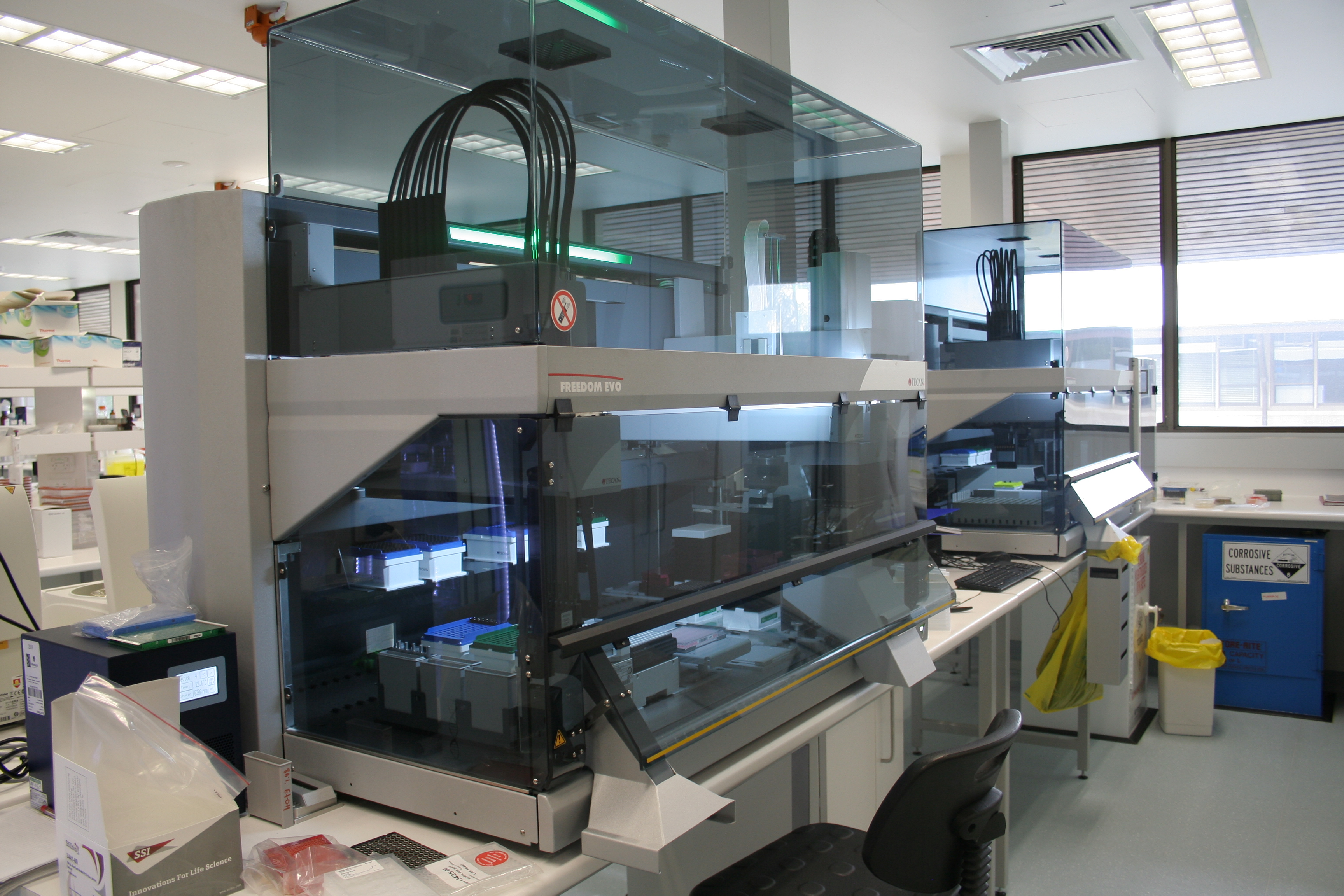The AgriFutures™ Chicken Meat Program has collaborated with Australian Pork Limited, Murdoch University and a number of biotechnology companies on this innovative project.
The project aims to develop an inexpensive and accurate system for objectively defining antimicrobial resistance risks at the farm level.
The four-year venture is currently testing farmed chickens and pigs, but feedback would be provided to the livestock industry with results shared with producers and veterinarians.
“Antimicrobial resistance is a key World Health Organisation priority,” said Dr Kylie Hewson, AgriFutures Australia’s Chicken Meat Program Development Officer.
“And there are significant international pressures, needs and wants from all stakeholders to demonstrate judicious practices coupled with surveillance.”
Dr Sam Abraham and Dr Mark O’Dea from the Murdoch University School of Veterinary and Life Sciences are spearheading this leading edge project.
“Globally, there is much concern regarding antimicrobial resistance in livestock and its impact on animal and human health,” Dr Abraham said.
“The research will help to further consolidate Australia’s natural advantage in this area arising from decades of conservative use of antibiotics in agriculture.”
Developing protocols for specialised laboratory robots to isolate, count and characterise large volumes of bacterial samples from animal faeces is just one aspect of the project.
The robots will be used to further identify and grow thousands of individual bacteria to determine the presence and distribution of antimicrobial resistance at the farm and industry level.









